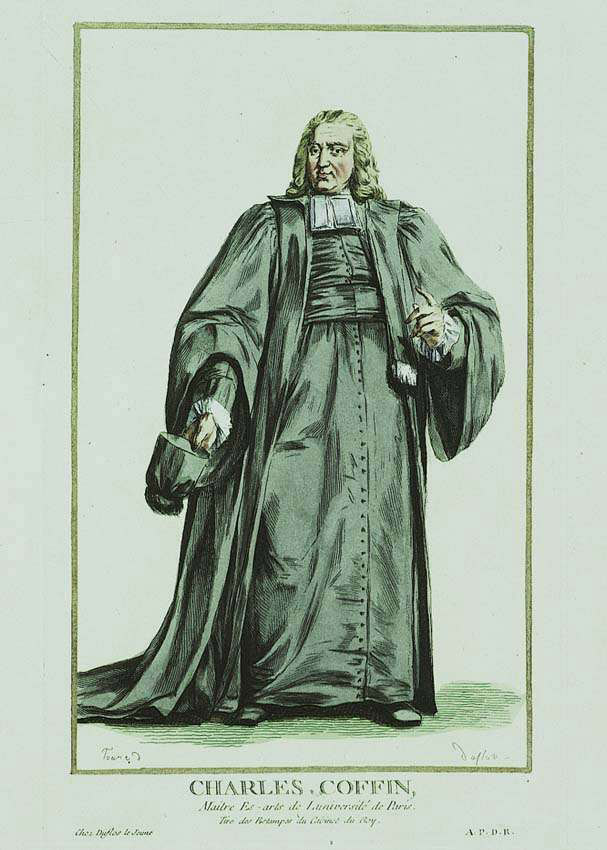Following the nautical theme of the Gospel and Hymns today the Anthem was the famous poem by Alfred Lord Tennyson, put to music by H Parry.
Sunset and evening star,
And one clear call for me!
And may there be no moaning of the bar,
When I put out to sea,
But such a tide as moving seems asleep,
Too full for sound and foam,
When that which drew from out the boundless deep
Turns again home.
Twilight and evening bell,
And after that the dark!
And may there be no sadness of farewell,
When I embark;
For tho' from out our bourne of Time and Place
The flood may bear me far,
I hope to see my Pilot face to face
When I have crost the bar.
Alfred Lord Tennyson (1809-1892) was a British poet, and for much of Queen Victoria's reign was Poet Laureate
 |
| Alfred Lord Tennyson, from Wikipedia |
C H H Parry was born in Bournemouth in 1848 into a rich family and was educated at Eton where he also gained his music degree. He went to study further at Oxford. His music influenced other great English composers such as Elgar and Vaughan Williams. He wrote his best music in his later years and this include his Songs of Farewell. He died in Rustington in 1918, just before the end of the Great War.
Sir Charles Hubert Hastings Parry
From Wikipedia

:format(jpeg):mode_rgb():quality(40)/discogs-images/A-3018977-1448348040-3639.jpeg.jpg)




